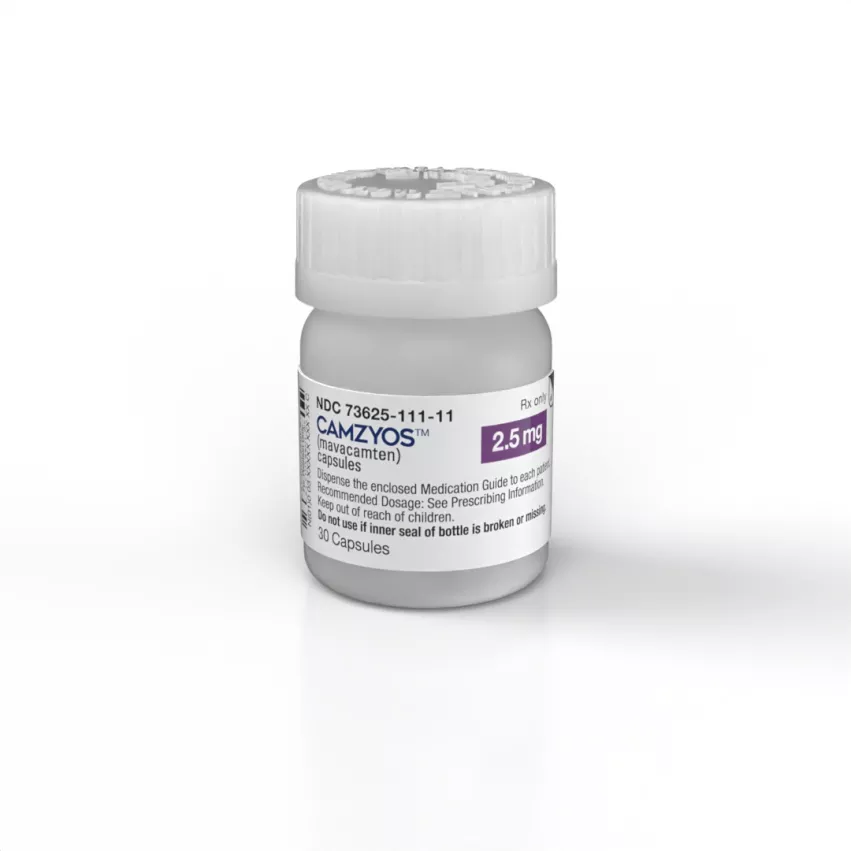The U.S. Food and Drug Administration (FDA) has been as busy as ever in October, making key regulatory approvals, overseeing multiple recalls and calling out e-cigarette companies that failed to follow the law.
That is all just the tip of the iceberg, however. Here is a review of some other big FDA-related stories that have hit cardiology since the last Regulatory Roundup was published on Sept. 23:
1. FDA approves new heart failure therapy from scPharmaceuticals
scPharmaceuticals received FDA approval for Furoscix, a new injection treatment for congestion due to fluid overload in patients with chronic heart failure. Furoscix was designed to be used at home, delivering an 80-mg dose to the patient. It is not indicated for emergency situations or for patients with acute pulmonary edema.
scPharmaceuticals hopes to begin commercializing this newly approved therapy by the first quarter of 2023.
“Congestion due to worsening heart failure is one of the most common causes of hospital admissions in patients over 65, and today’s approval of Furoscix represents an important treatment advancement for the over 7 million heart failure patients in the U.S. that will be able to self-administer IV equivalent diuresis at home,” John Tucker, president and CEO of scPharmaceuticals, said in a prepared statement.
2. FDA clears Impella Low Profile Sheath from Abiomed
Abiomed gained 510(k) clearance from the FDA for its Impella Low Profile Sheath, a new device designed to make it easier to insert and remove the company’s Impella heart pumps. It was specifically designed with the Impella single-access technique in mind, which allows the user to insert an Impella heart pump without needing an additional access site at the time of the procedure.
According to Abiomed, this new-look sheath reduces the number of steps required to insert an Impella heart pump and minimizes the risk of a patient experiencing a vascular complication or bleeding event.
“Abiomed’s Low Profile Sheath is a game-changing technological achievement that will further improve patient outcomes by making it even easier for physicians to insert, manage and remove Impella heart pumps,” Chuck Simonton, MD, Abiomed’s chief medical officer, said in a prepared statement.
3. FDA accepts supplemental new drug application related to an expanded indication for Bristol Myers Squibb’s mavacamten
Bristol Myers Squibb announced that the FDA has accepted a supplemental new drug application (sNDA) for mavacamten, the company’s prescription medication sold and marketed under the name Camzyos. Mavacamten is currently approved for treating symptomatic obstructive hypertrophic cardiomyopathy. The sNDA is for an expanded indication that, if approved, would signal mavacamten can reduce a patient’s need for septal reduction therapy (SRT).
“Currently, it is recommended that many patients with severe symptomatic obstructive hypertrophic cardiomyopathy undergo SRT,” Roland Chen, MD, senior vice president and head of cardiovascular development in Bristol Myers Squibb’s global drug division, said in a prepared statement. “This often requires either an open-heart surgical procedure or septal ablation procedure—both specialized care options. The approval of Camzyos earlier this year marked a significant milestone for patients. FDA acceptance of the filing for this expanded indication has the potential to strengthen the profile of Camzyos, while further reinforcing our commitment to delivering transformative cardiovascular therapies to patients.”
Bristol Myers Squibb is seeking this expanded indication based on results from the VALOR-HCM clinical trial, which met its primary endpoint and all secondary endpoints.
4. FDA grants investigational device exemption approval to Selution SLR drug-eluting balloon from MedAlliance
MedAlliance, the healthcare technology company that recently reached an agreement to be acquired by Cordis, announced that its Selution SLR sirolimus-eluting balloon has received investigational device exemption (IDE) approval from the FDA for a coronary in-stent restenosis indication. The company already gained FDA investigational device exemption (IDE) approval for below-the-knee and superficial femoral artery studies.
These approvals are all focused on MedAlliance’s IDE SELUTION4ISR Study, which has already started in Europe and is expected to kick off in the United States by the end of 2022. The trial is expected to take place at up to 40 centers throughout the United States and up to 60 total around the world.
Read the full announcement here.


